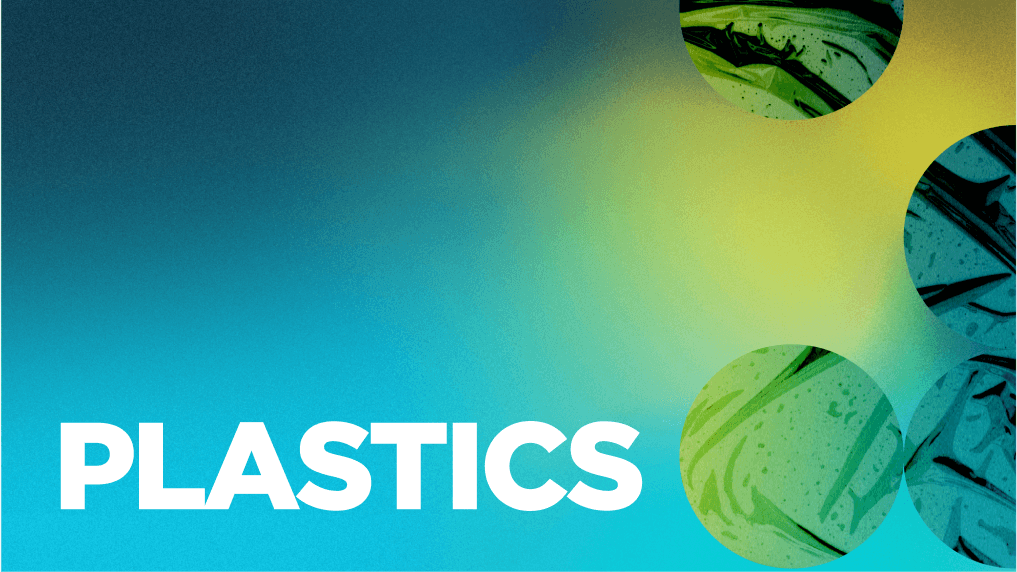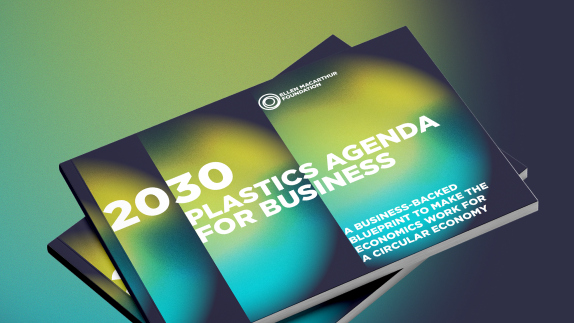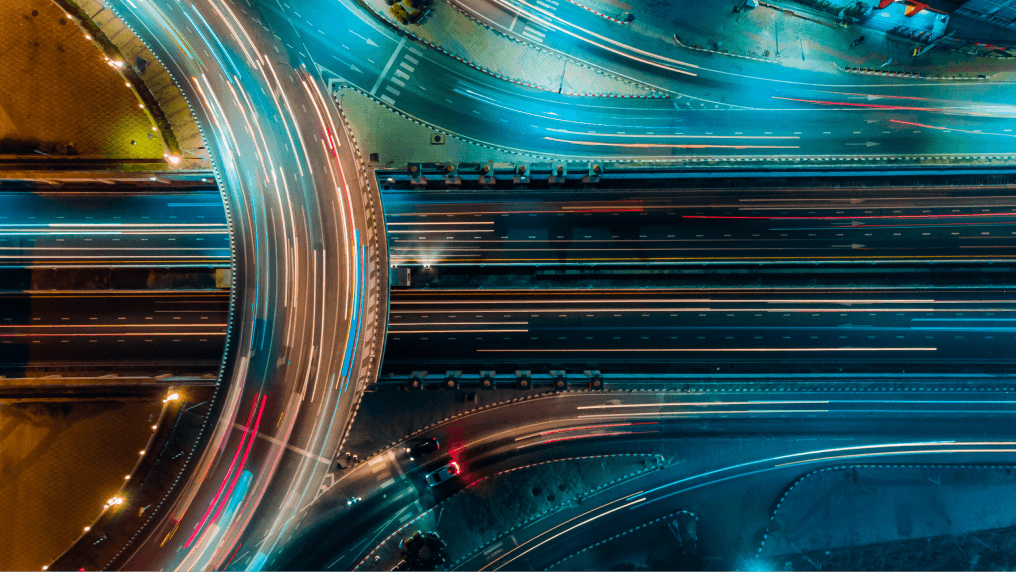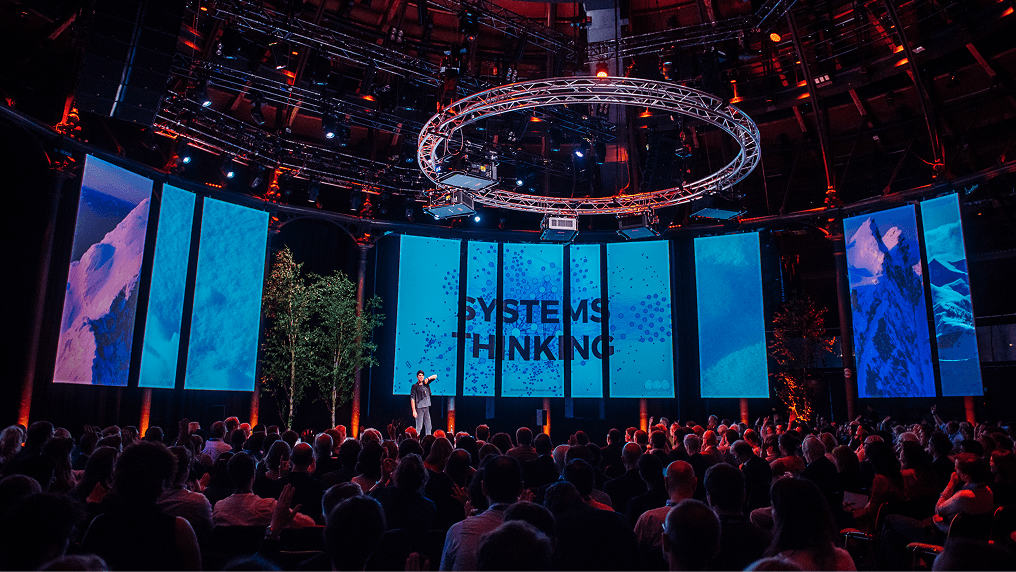The major gap in collection and recycling infrastructure is one of the biggest opportunities we have to make real progress towards a circular economy. Globally only ~15% of all plastic packaging is recycled. Around 40% is mismanaged, the vast majority of this in low- and middle-income countries [The Pew Charitable Trust and Systemiq, Breaking the Plastics Wave (2020)].
Collaborative action
Individual company actions—like designing for recyclabilityrecyclabilityThe ease with which a material can be recycled in practice and at scale. and using more recycled content—are essential first steps. But they are not enough. We need a united, multi-stakeholder strategy to attract the billions of US dollars required to build and sustain effective collection and recycling systems in the Global South.
Through pooling resources and focusing efforts on a few priority geographies, businesses can demonstrate the kinds of system transformation that are needed. And through collective advocacy, businesses can influence the design and implementation of policies to secure continuous funding for infrastructure at scale, drive demand for recycled materials, and ensure a just transition for waste pickers and workers across the plastics industry, including those in informal and cooperative settings.
Priority actions for business
To accelerate action, businesses must focus on the following priority actions:
Individual action: Increase design for recycling and increase recycled content to create easily recyclable inputs for, and demand for the outputs of, the recycling system
Collaborative action: Jointly fund Global South city-scale transformations of collection and recycling infrastructure for plastic packaging, ensuring a just transition for waste pickers, unlocking co-investment from public and private finance, and demonstrating a pathway to national-scale system transformation
Collective advocacy: Advocate for effective EPR and other policies that secure ongoing funding for collection and recycling infrastructure (including EPR), and that stimulate design for recycling and recycled content use, across the world.
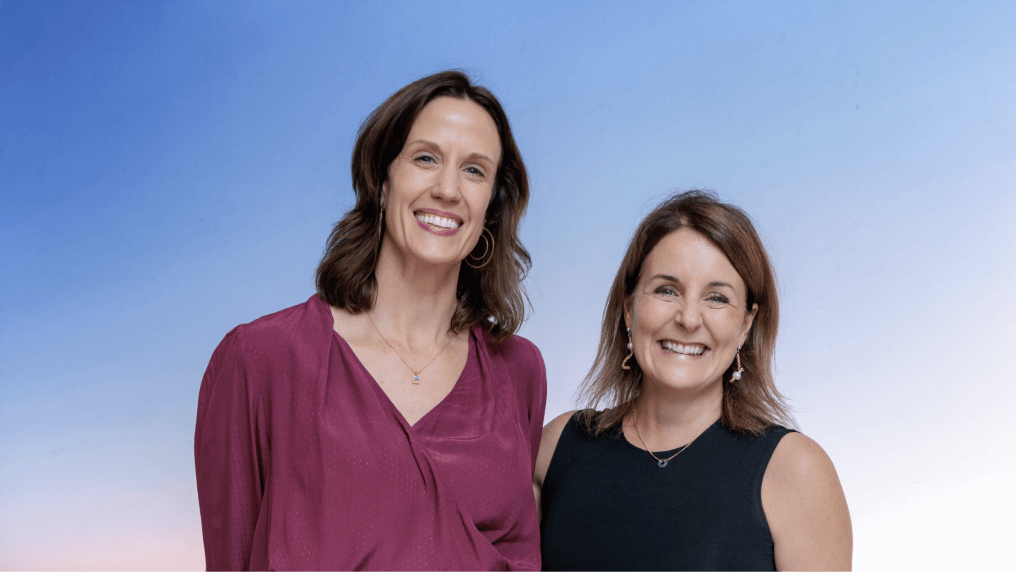
The Ellen MacArthur Foundation will work with Clean Rivers – a UAE-based foundation and affiliate of Erth Zayed Philanthropies – to tackle waste and pollution and regenerate freshwater ecosystems, with an initial focus on Brazil.

